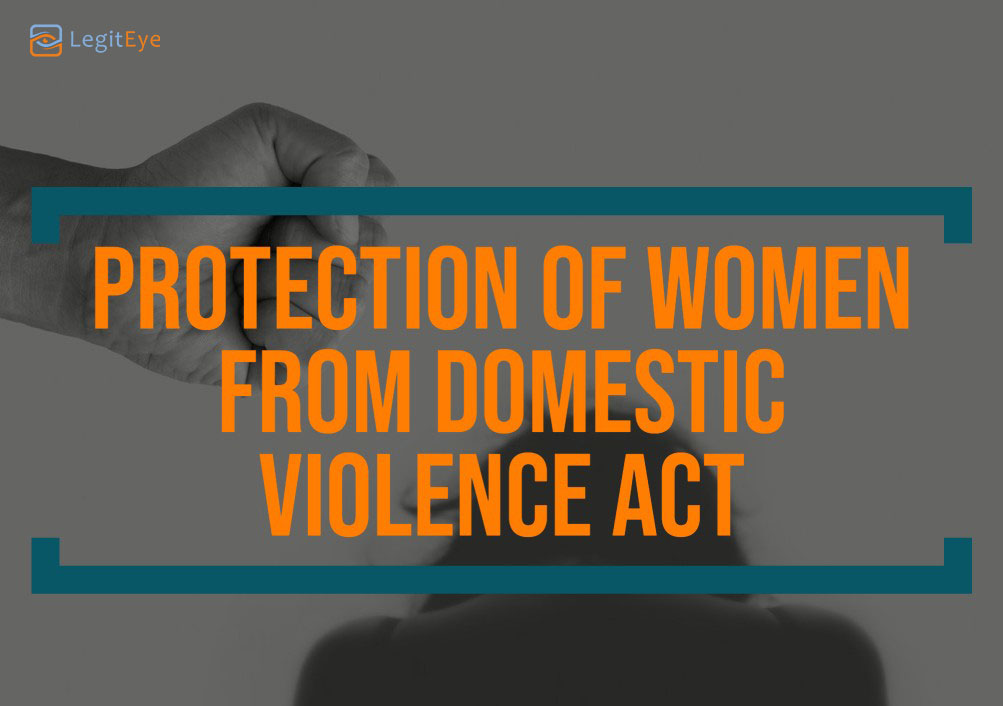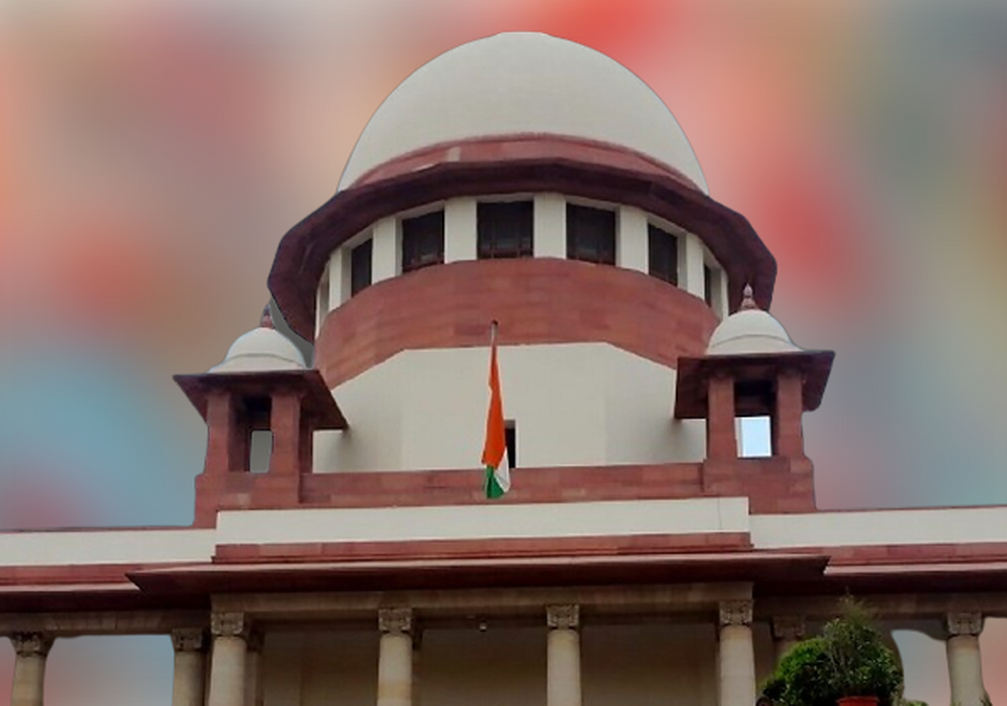Narrow interpretation of Domestic Violence Act will leave aggrieved woman remediless: Allahabad High Court

Read Order: Nivesh Gupta @ Ankur Gupta And 2 Others v. State of U.P. and Another
LE Staff
Prayagraj, August 4, 2021: The Allahabad High Court recently ruled that the question, whether a woman would be entitled to claim protection of right in a ‘shared household’, would be required to be adjudicated taking into view the meaning of the expression as defined under section 2(s) of the Protection of Women from Domestic Violence Act, 2005.
The Bench of Justice Yogendra Kumar Srivastav observed that while considering a claim for protection of the right to live in a ‘shared household’, the words ‘lives’ or ‘at any stage has lived’, in a domestic relationship, would have to be included within the purview.
“DV Act has been held to be a beneficial and an affirmative legislation for more effective protection of constitutional rights of women and to ensure that they do not become victims of any kind of domestic violence and while interpreting the provisions of the Act, a sensitive approach towards the rights of women is required to be taken,” opined the Court last month.
The Applicant had approached the High Court seeking quashing of the proceedings of the complainant’s case, on the ground that the applicants were not living with her in a ‘shared household’ and, therefore, the proceedings under the Domestic Violence Act, would not be maintainable.
The government advocate opposed the same contending that the complaint filed by the woman had merely been registered, and hence the present application seeking quashing of the proceedings was clearly premature and was not liable to be entertained at this stage.
After hearing the contentions, the High Court found that the proceedings, which are sought to be challenged in the present case, relate to The Protection of Women from Domestic Violence Act, 2005, which was enacted keeping in view the rights guaranteed under Articles 14, 15 and 21 of the Constitution to provide for a remedy under the civil law intended to protect the women from being victims of domestic violence and to prevent the occurrence of domestic violence in society.
The provisions under the DV Act seek to cover those women, who are or have been in a relationship with the abuser, where both parties have lived together in a ‘shared household’ or related by consanguinity or marriage or through a relationship in the nature of marriage or adoption, added the Bench.
In order to effectively ensure the protection of women, the DV Act empowers the Magistrate concerned to pass protection orders, residence orders, custody orders, and compensation orders and also issue directions for mandatory reliefs. The Magistrate is further empowered to grant an ex-parte order and also to pass such ad interim order as he may deem just and proper.
“The beneficial and the affirmative object of the enactment would be required to be taken into view while dealing with such questions relating to maintainability and a narrow interpretation, which may leave the aggrieved woman in distress, remediless or in a situation of non-adjudication, would have to be eschewed,” observed Justice Srivastav.
Accordingly, holding that a claim for protection under the DV Act may not be thrown out at the threshold, the High Court refused to exercise its inherent jurisdiction at this stage.
Sign up for our weekly newsletter to stay up to date on our product, events featured blog, special offer and all of the exciting things that take place here at Legitquest.




Add a Comment